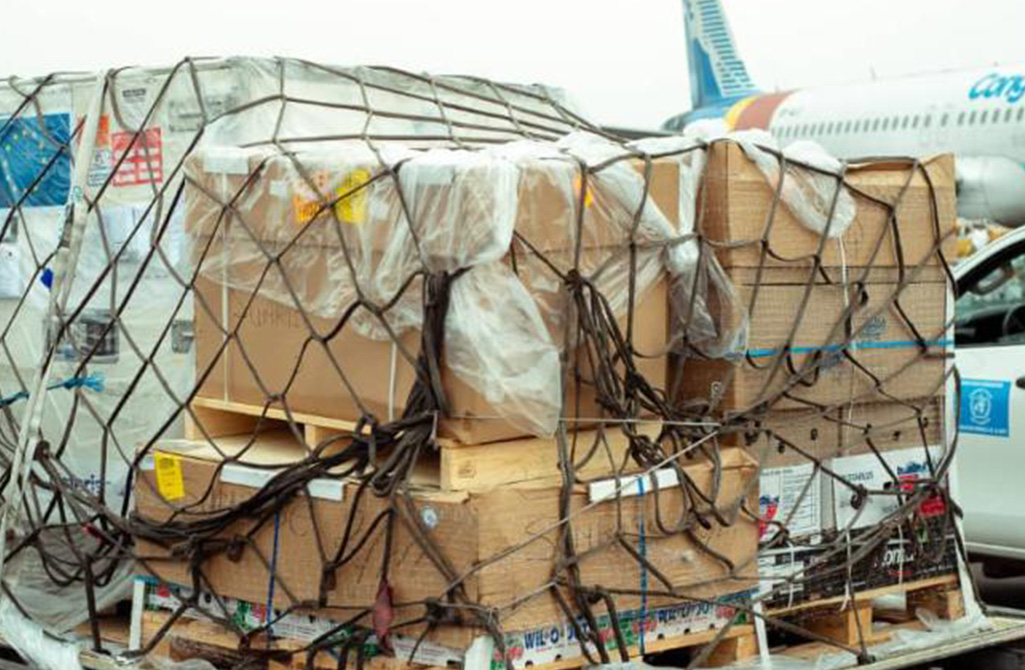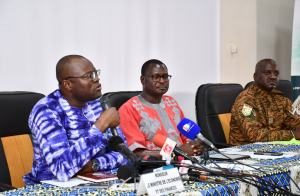DRC: The first doses of Mpox vaccine are due to be delivered

As the Democratic Republic of Congo (DRC) grapples with ongoing humanitarian crises, a significant breakthrough has been made in the fight against the Mpox epidemic. On Thursday, nearly 100,000 doses of the MVA-BN vaccine, developed by Danish pharmaceutical company Bavarian Nordic, arrived in the country.
This delivery marks the start of a vital vaccination campaign aimed at curbing the spread of a disease that has infected over 19,000 people and caused more than 650 deaths since the beginning of the year.
The Mpox outbreak has particularly affected the eastern regions of the DRC, which are already ravaged by armed conflicts, making the health situation even more critical.
The arrival of these vaccines, coordinated by the World Health Organization (WHO) and the Africa Centres for Disease Control and Prevention (Africa CDC), answers the urgent calls from affected communities seeking solutions to this crisis.
In a press briefing in Geneva, WHO Director-General Dr. Tedros Adhanom Ghebreyesus emphasized that while the delivery of vaccines is a crucial step, it alone will not be enough to stop the epidemic.
He stressed the need for a comprehensive approach, combining vaccination efforts, strengthened healthcare infrastructure, and awareness campaigns to prevent the virus’s spread.
Efforts are also underway to ensure the proper storage of the vaccines through improved cold chain systems, which are vital in this type of health intervention.
This international support, which includes contributions from the European Union and other global partners, highlights the importance of global solidarity in addressing health crises.
The DRC, already facing conflicts and numerous challenges, now receives tangible assistance from the international community in its fight against Mpox.
For the Congolese people, this vaccine delivery represents not only a response to a health crisis but also a sign of hope and international support. It marks the beginning of a fight against the epidemic while symbolizing the resilience of the Congolese, determined to overcome the numerous obstacles they face, whether from war or disease.
Jean-Robert TCHANDY











